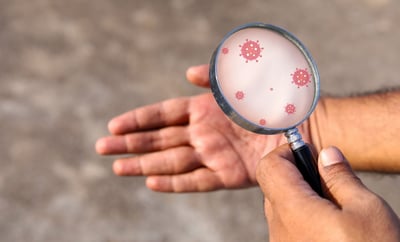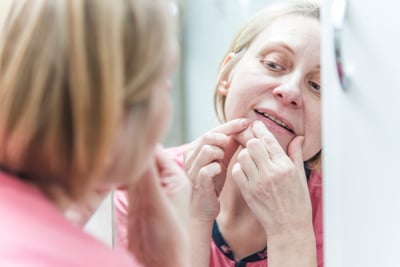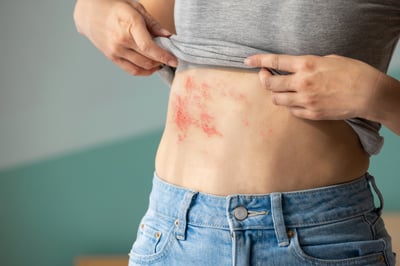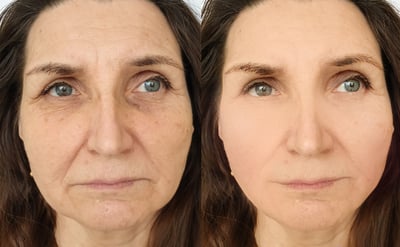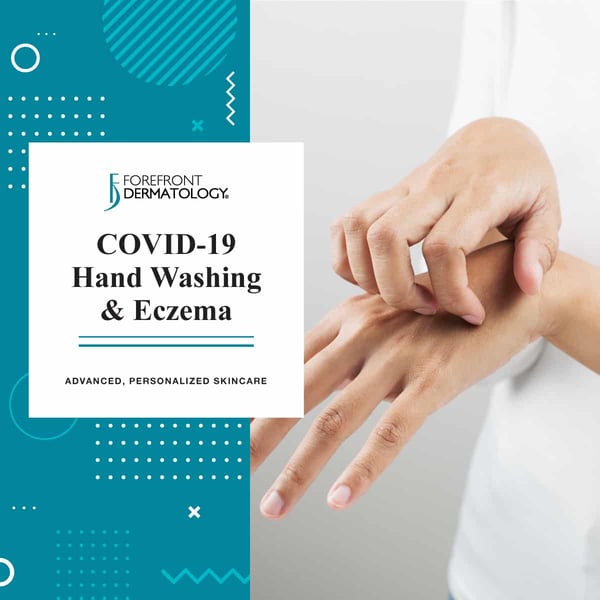
People everywhere are washing their hands now more than ever thanks to COVID-19, also known as the novel coronavirus. Guidance from the Centers for Disease Control and Prevention (CDC) says people should scrub their hands for at least 20 seconds to effectively curb the spread of germs. Alcohol-based hand sanitizers that contain at least 60% alcohol can also be used to rid your hands of germs, though they are not as effective as soap and water at removing visible dirt or harmful chemicals. Sanitizers also do not get rid of all germ types.
This frequent hand washing though is leading to a rise in eczema. According to Dr. August Natalie, a board-certified dermatologist with Forefront Dermatology, “While we are in a crucial time to wash our hands more often than normal, it can have a direct impact on the overall health of your skin. If you periodically, or regularly, suffer from eczema you may have noticed flare-ups of your condition recently, such as red, rash-like appearances, itchiness and cracked skin.”
Why handwashing is causing eczema and how to treat it
Although the additional handwashing right now is a necessary process, for individuals who suffer from eczema, this process can worsen your condition. Harsh soap and water rinse away germs and dirt, but also strips the natural, protective oils in your skin, causing it to dry out and crack.
There are things you can do to help alleviate your eczema, while still washing regularly.
- Choose a soap that is fragrance-free and meant to clean hands, not dishes.
- Instead of rubbing dry your hands on a towel, pat dry to avoid additional irritation.
- Follow up handwashing with an eczema therapy lotion to seal in moisture and alleviate the burning or itchiness you may be experiencing. Do not use a lotion that includes irritants, such as fragrances.
- Wear gloves when using disinfecting wipes and cleaning products. These products can be very harsh on your already sensitive skin.
“People who are prone to having hand eczema or atopic dermatitis flare-ups from using harsh soaps or frequent hand-washing should be proactive and apply moisturizers to help maintain the skin barrier and prevent eczema flare-ups. But, if that is not enough, they may need prescription topical therapy to reduce the inflammation in eczema,” noted Dr. Natalie.
Isolated and need skincare?
While many of our offices are still seeing patients, we understand the need for direct care from the safety of your home. We are now offering teledermatology appointments so you can get the care you need during the COVID-19 pandemic. Click here to schedule your appointment today.
